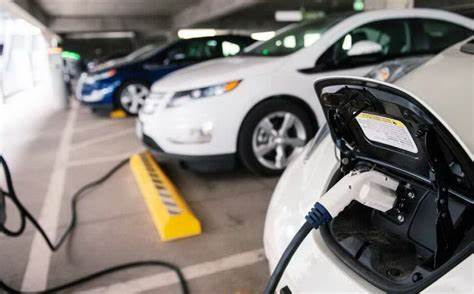Thailand expects to witness significant increase in electric vehicle (EV) imports, with an estimated 175,000 units within two years. This was disclosed by the Ekniti Nitithanprapas, Director-General of the Excise Department.
This comes as part of a four-year plan, EV3.5 (2024-27), which requires importers to establish a production base in the country from 2024-25 onwards, to replace imports with domestically produced EVs.
As per the plan, it predicts a domestic production of between 350,000 and 525,000 EV units by 2027. The estimated subsidies provided under this scheme amount to 34 billion baht.
Ekniti Nitithanprapas elaborated on the objectives of EV3.5, stating that the plan aims to spur investment in EV production, bolster competitiveness, promote carbon neutrality and net-zero emissions, and align with the Excise Department’s strategy for sustainable growth.
“Under EV3.5, by 2026, participants must establish a production base in Thailand and initiate domestic production to balance out imports. The ratio for this is set at 1:2, meaning that for every imported EV that receives a subsidy, two units must be produced locally. This ratio is set to increase to 1:3 by 2027. EV manufacturers wishing to benefit from the subsidy provided under EV3.5 must register with the Excise Department,” he said.
It may be noted that recently, three Chinese EV manufacturers – Changan Auto Sales (Thailand), SAIC Motor-CP, and Great Wall Motor Manufacturing (Thailand) , have committed to establishing production facilities in Thailand. Participants under EV3.5 will receive support from the Excise Department.

